Your transmission is one of the integral parts of your vehicle. It is what communicates between the engine and the wheels, sending engine power to move your vehicle. It also allows quick acceleration of your vehicle and disconnects your engine from your wheels so it can continue to run when your vehicle is stopped. If your transmission has problems, you will not be going anywhere in your vehicle.
To prevent large costs and inconveniences from transmission repair or replacement, here are some simple transmission maintenance tips that even the least car-savvy driver can manage.
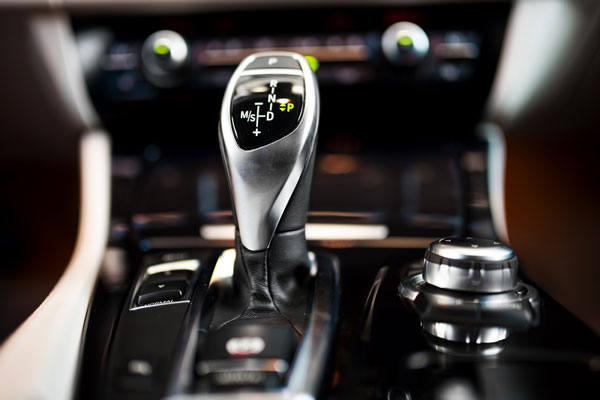
1. Get Regular Car Check-Ups
Transmissions vary in type and model, therefore each transmission should be on a different maintenance schedule. Check your vehicle manual or the manufacturer transmission service recommendation for how frequently you should take your car into your mechanic to get your transmission checked and possibly serviced. You can also discuss your transmission maintenance schedule with your mechanic, asking any questions and setting up maintenance appointments if needed.
2. Use the Right Transmission Fluid
Make sure to use the transmission fluid recommended by your vehicle’s owner’s manual. It is essential that you use the right fluid and ensure that your transmission fluid is in good condition and at the right level. You can check under your vehicle occasionally for fluid leaks. Transmission fluid should be red and smell sweet. If you find this under your car, you have a transmission leak and should take it into your mechanic. If your transmission fluid is not red or has a different smell, possibly burnt, your fluid level may be too low. Or it could be, the transmission fluid change interval has been too long. Either way, this could cause your transmission to overheat, creating serious problems that could be expensive repairs.
3. Use Your Emergency Brake
Use your emergency brake when your vehicle is parked. Your emergency brake is designed to hold the whole weight of your vehicle, and it will take some of the strain off of your transmission and brakes, making them last much longer. Make sure to put the emergency brake on before putting your vehicle into park, to engage it.
4. Let Your Car Warm Up First
Give your car a couple of minutes to warm up before shifting into gear, especially in cold temperatures. Let your car run while you are cleaning off snow from your vehicle in the winter months. This will protect your transmission and you get the bonus of having a warm car to jump into after getting cold in that snow.
5. Avoid Heavy Loads
If you can, avoid using your vehicle for towing or hauling heavy loads. If you must tow, you will need to get your transmission checked more frequently than a normal driver. Using your car for heavy loads, especially in hot temperatures or on consistent inclines, can cause your transmission fluid to overheat and burn. This can cause serious damage.
6. Don’t Drive on a Spare
A spare tire should only be used in an emergency and should be replaced with a new tire as soon as possible. Driving on a spare tire for longer than fifty miles or faster than fifty miles per hour can cause many problems to your vehicle, one of them being an excessive strain on your transmission.
7. Come to a Complete Stop
When you are shifting gears, even in an automatic transmission vehicle, you should come to a complete stop before making the shift from brake to reverse, or brake to gas. Don’t rev your engine or shift back and forth even if your vehicle gets stuck in sand or mud. Shifting without fully stopping can cause breaks and cracks in your transmission, which would require a mechanic to remove and take the entire transmission apart, making it an expensive repair.
8. Maintain Your Engine Cooling System
Your engine cooling system sends a coolant and airflow through the parts of your engine to keep it cool while driving. It is necessary to keep your engine cool in order for it to function. However, your engine cooling system also keeps your transmission fluid from burning or oxidizing.
Understanding the parts of your vehicle and how to maintain them can feel overwhelming sometimes. There are many important parts that will require your attention throughout the life of your car. Transmission is one of those parts and it is important to take care of it. Follow the simple tips above and if you have any other questions or want other transmission maintenance tips talk to a reliable, trustworthy mechanic and get started taking better care of your vehicle, to save money and keep your car running for years to come.

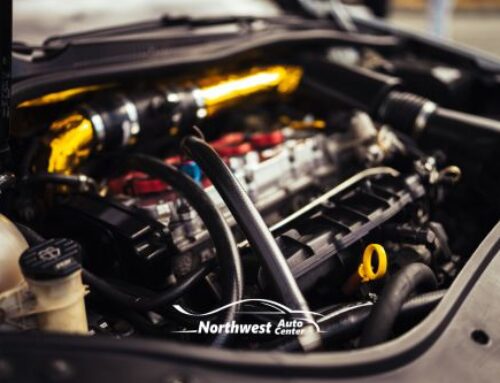
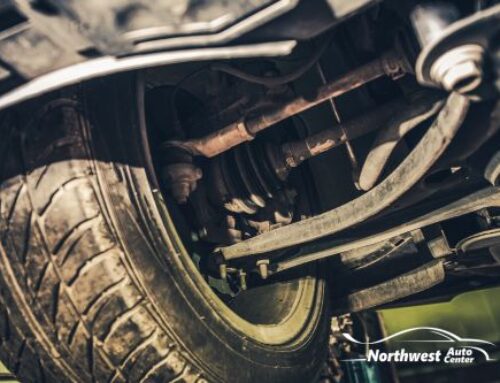

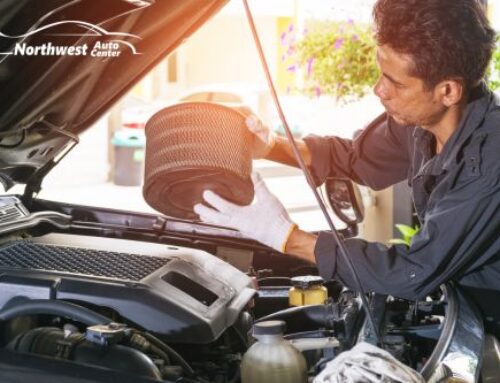
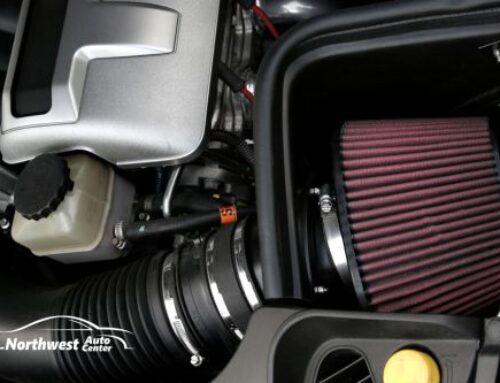
Leave A Comment
You must be logged in to post a comment.